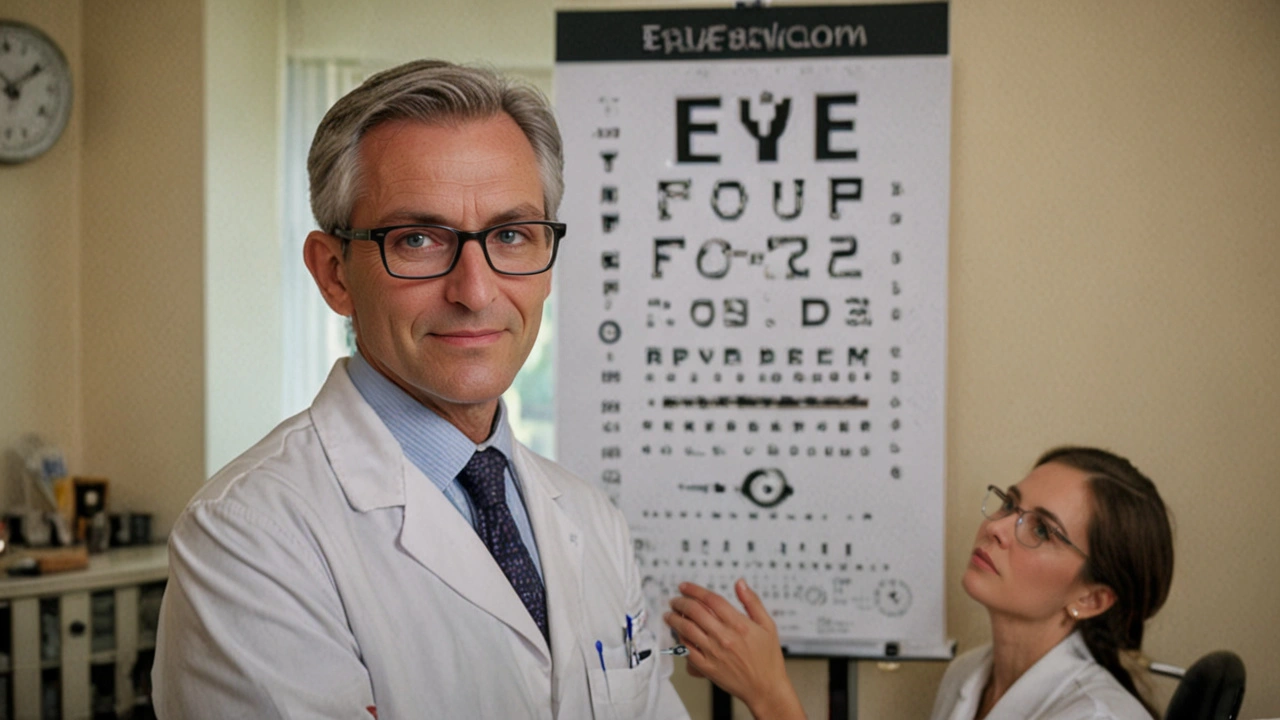Prevent Eye Redness: Easy Habits You Can Start Today
Red, irritated eyes are annoying and make you look tired. The good news: many causes are easy to fix with small changes. Below are the most common triggers and clear, practical steps you can start now to keep your eyes calm and white.
Common causes you should watch for
Before prevention tips, know what usually causes redness. Allergies, dry eyes, rubbing, long screen time, dirty or overused contact lenses, smoke or chlorine, and lack of sleep are the main ones. Less common but serious causes include infections (like conjunctivitis), a scratched cornea, or a burst blood vessel. If you have pain, vision changes, or lots of discharge, get medical help right away.
Practical ways to prevent eye redness
Keep it clean: wash your hands before touching your eyes and clean makeup brushes often. Replace eye makeup every three months to avoid bacteria buildup. If you wear contacts, follow the care steps your eye doctor gave you—don’t sleep in lenses unless they’re meant for overnight wear, replace your case every three months, and use fresh solution.
Use preservative-free tears: lubricating eye drops made for dry eyes can stop irritation before it starts. Use them during long screen sessions or when you fly. If you blink less at the computer, try scheduled breaks: the 20-20-20 rule helps—every 20 minutes look at something 20 feet away for 20 seconds and blink slowly a few times.
Control allergies: keep windows closed when pollen is high, shower after being outside, and wash pillowcases weekly. Over-the-counter antihistamine eye drops or oral non-drowsy antihistamines often work well; ask your pharmacist if you’re unsure which product fits your needs.
Protect from environment: wear sunglasses to block wind, dust, and UV. Use goggles when swimming to avoid chlorine irritation. If your home is dry, run a humidifier in the bedroom to keep tear film from evaporating overnight.
Limit irritants: stop rubbing your eyes—rubbing spreads irritants and makes redness worse. Quit smoking and avoid smoky rooms. If a job exposes you to dust or chemicals, use safety goggles and follow workplace rules.
Sleep and hydration matter: aim for regular sleep and drink water throughout the day. Dehydration and fatigue both make eyes more prone to redness.
Small changes add up. Try one or two habits for a week and see how your eyes feel. If redness keeps coming back despite these steps, book an eye check—some conditions need prescription drops or other treatments.
If you ever notice severe pain, sudden vision loss, intense light sensitivity, or blood in the eye that doesn’t improve, seek urgent care. Those signs can mean a serious problem that needs fast treatment.

